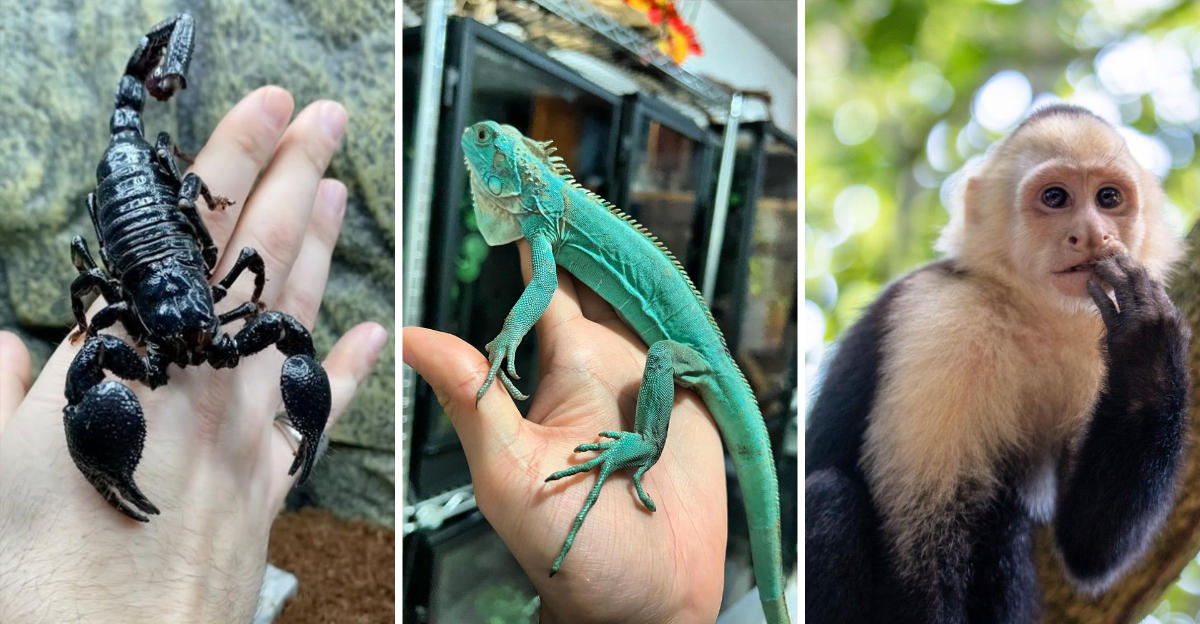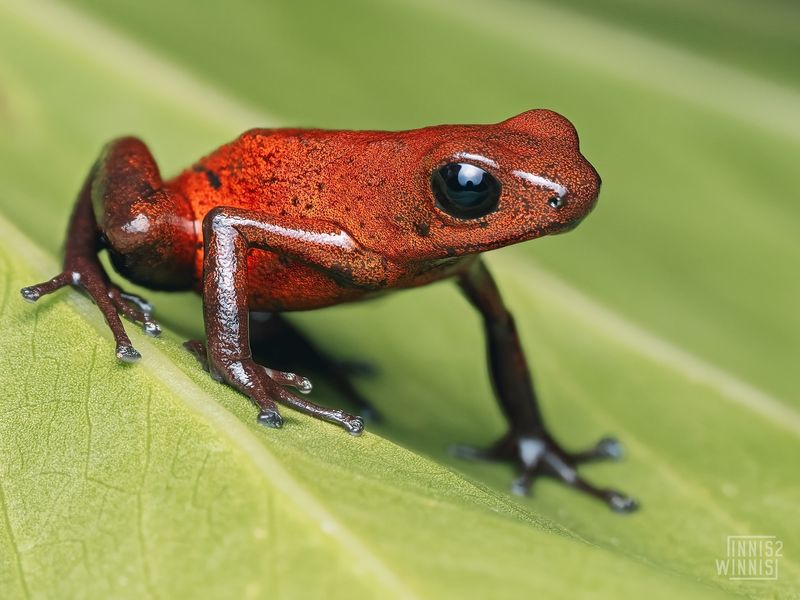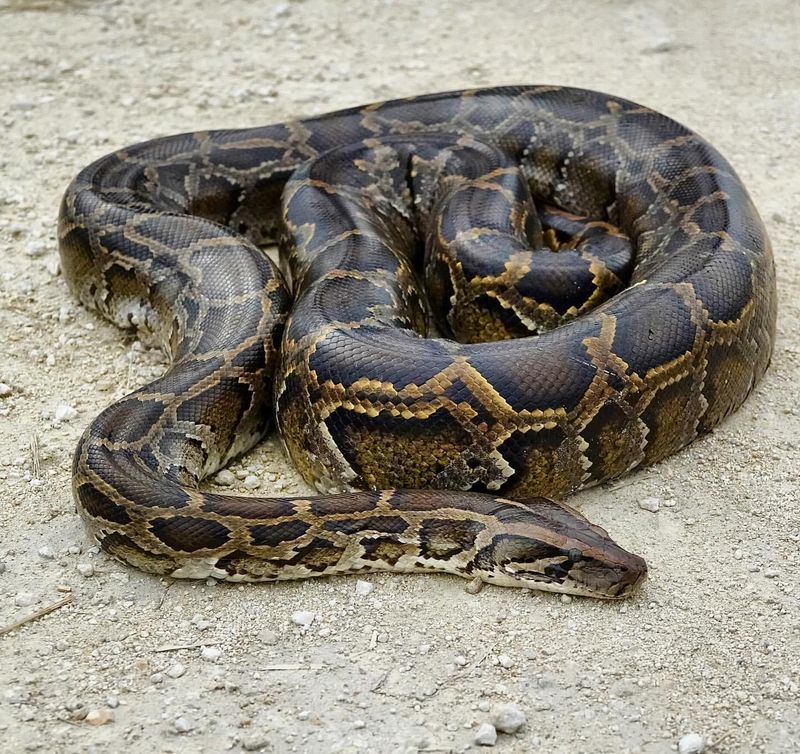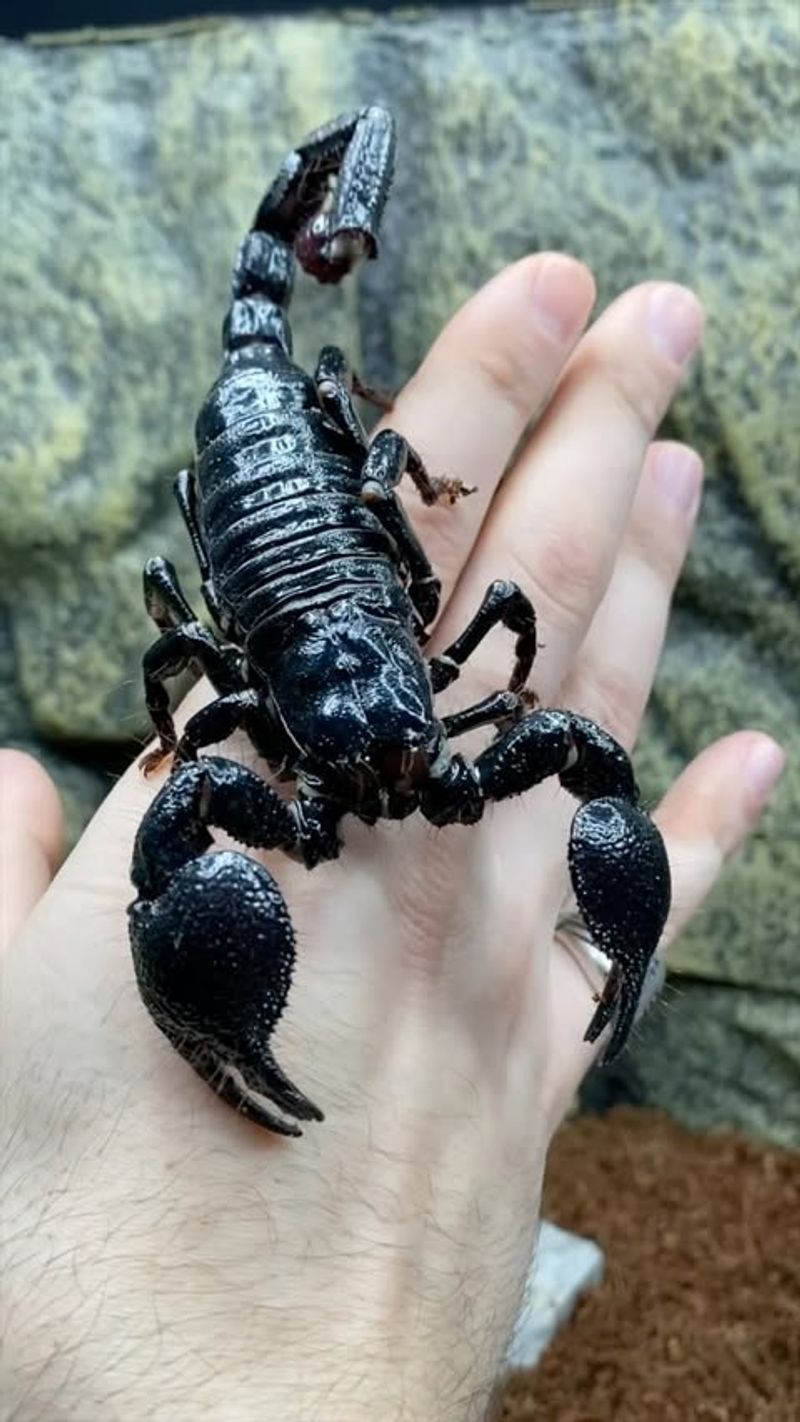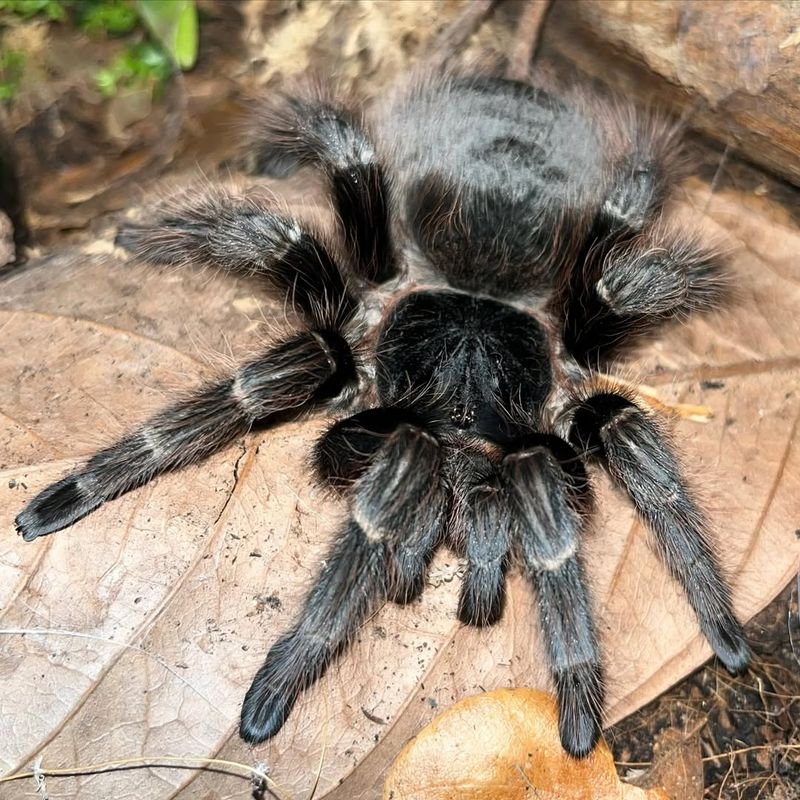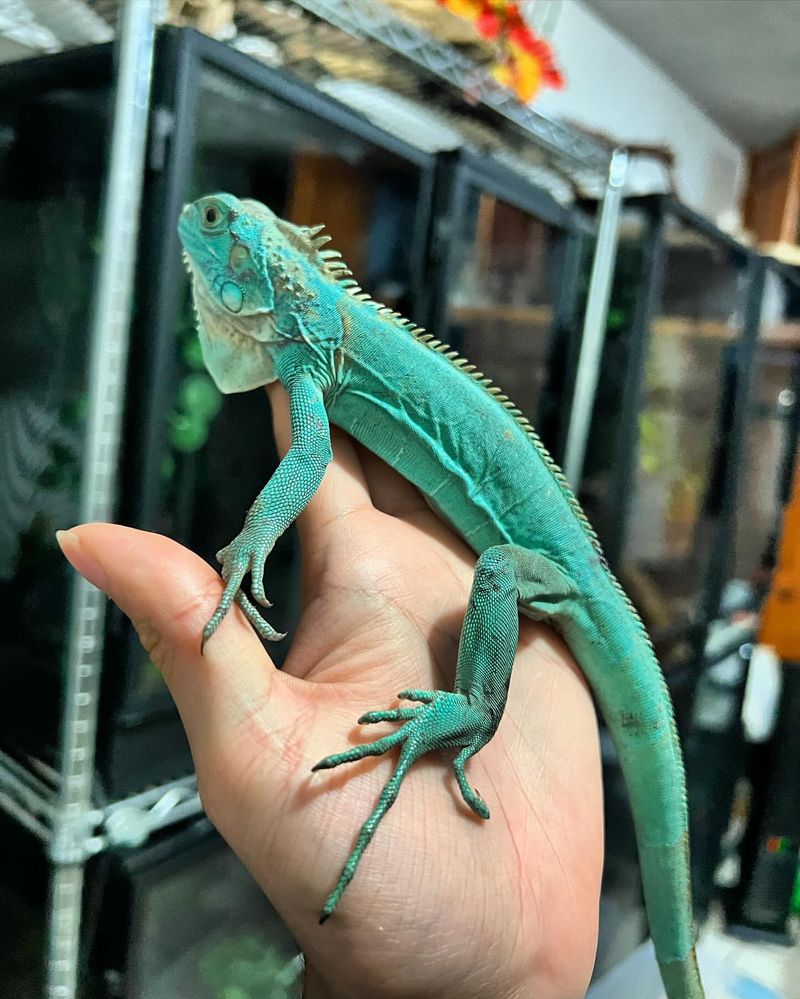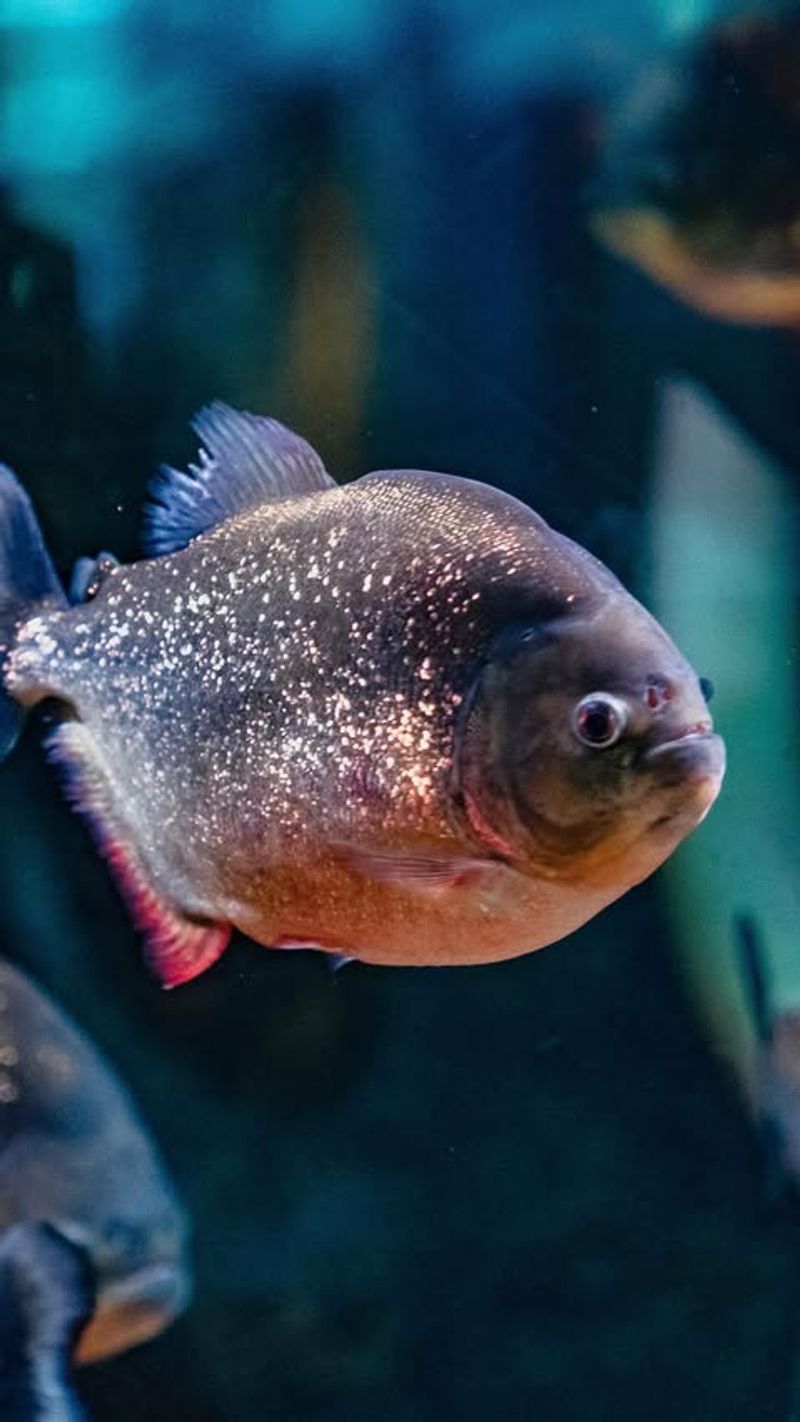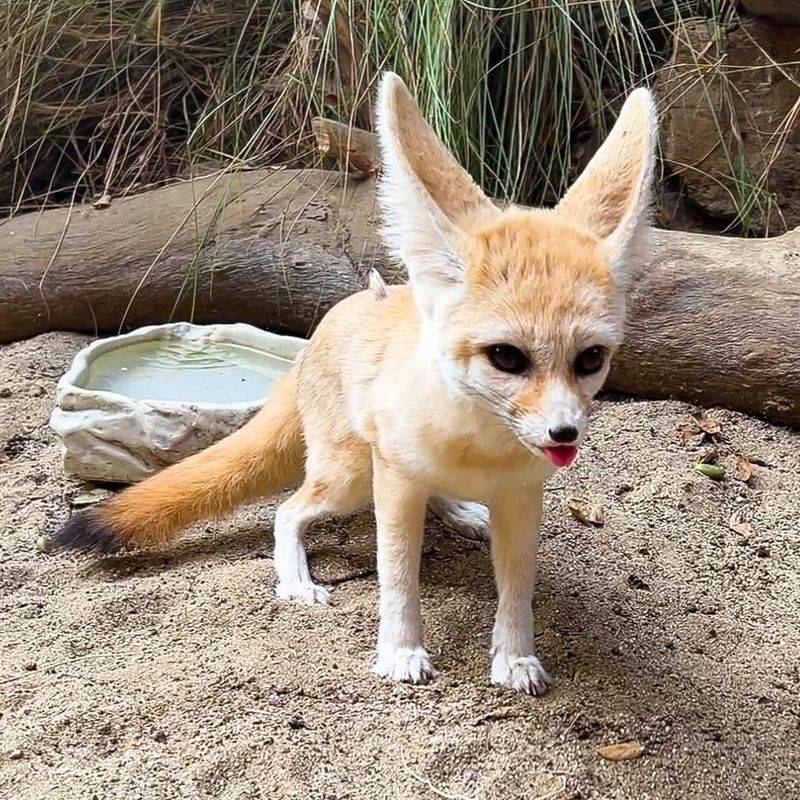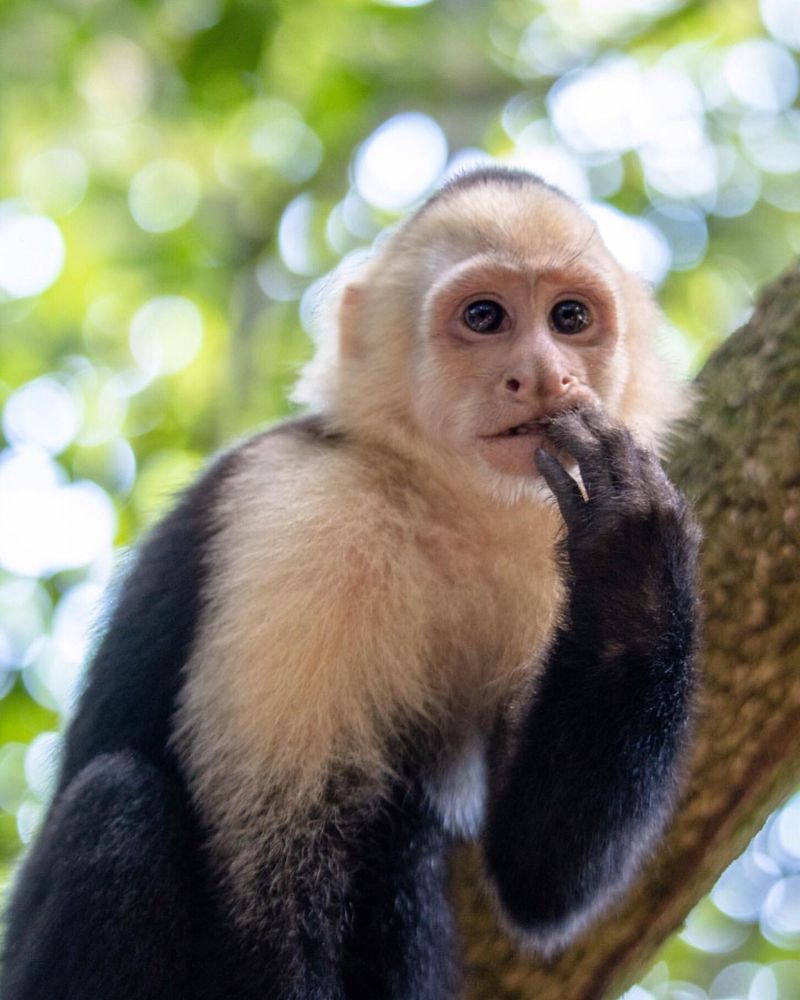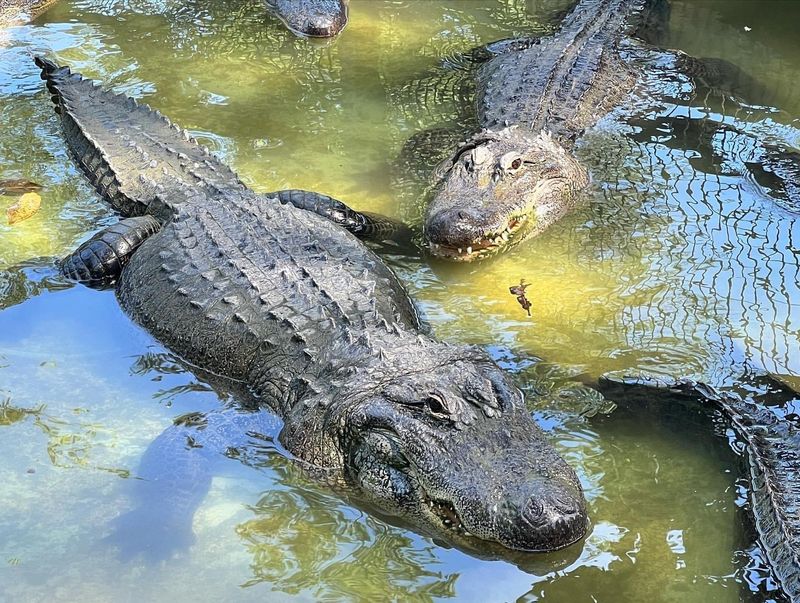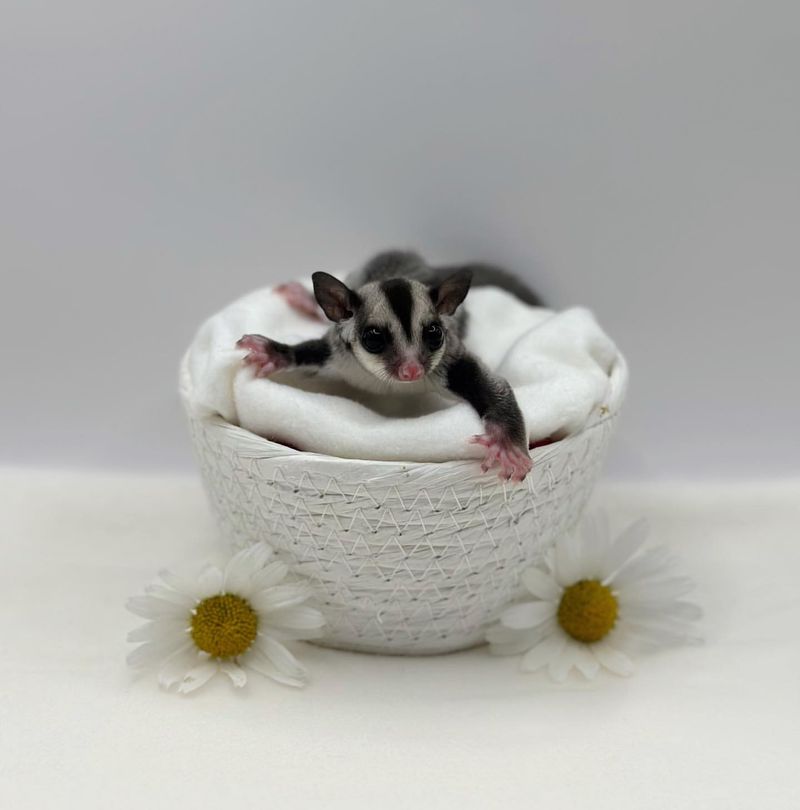📖 Table of Content:
While pets are usually sources of joy and companionship, some animals bring with them significant risks that can challenge even the most experienced caretakers. From venomous species to powerful predators, these creatures require specialized knowledge, care, and environments to ensure safety for both the owner and the animal. Their fascinating nature often draws interest, but their potential dangers cannot be ignored.
This post explores ten of the most hazardous animals kept as pets, highlighting the challenges and risks they pose. Whether it’s the unpredictability of large predators or the potent venom of exotic species, these animals demand respect and understanding. Owning them is not just a commitment but a responsibility to prioritize safety and ethical treatment.
Dive into the intriguing yet risky world of these extraordinary creatures, discovering what makes them so captivating and dangerous. Learn about the unique challenges of caring for these animals and why, in many cases, they might be better admired from afar rather than kept as pets.
1. Poison Dart Frog
Vibrant colors signal the potent toxicity of these amphibians, a defense mechanism that can prove harmful to humans. Native to Central and South America, their secretions require careful handling and specialized knowledge to manage safely. These frogs are fascinating to observe but are best suited for experienced handlers who can meet their habitat needs and follow strict safety measures.
2. Burmese Python
Renowned for their size and strength, these snakes can grow up to 23 feet and require significant space and secure enclosures. Their constricting behavior poses a physical threat if mishandled, emphasizing the need for responsible care. Although popular among reptile enthusiasts, potential owners must be prepared for the challenges of housing such a large and powerful animal.
3. Scorpion
Nocturnal and venomous, these arachnids are both fascinating and intimidating. Properly secured enclosures and careful handling are essential to prevent accidental stings. Scorpions are intriguing pets for the right owner but require thorough research to ensure safety and appropriate care.
4. Tarantula
Low-maintenance yet intimidating, these arachnids can cause discomfort with their bites or irritating hairs. A carefully maintained terrarium helps keep them content and secure. They make suitable pets for those willing to respect their space and limit handling.
5. Iguana
Large size and specific care requirements make these lizards a challenging choice for inexperienced owners. Tail lashes and bites are defensive behaviors that highlight the need for proper handling and respect for their needs. With dedication and knowledge, they can become rewarding companions.
6. Piranha
Known for their sharp teeth and feeding frenzies, these fish require meticulously maintained aquariums and a protein-rich diet. Their care demands deep knowledge of aquatic environments and species-specific behaviors.
7. Fennec Fox
With wild instincts and unique needs, these small foxes require specialized diets and environments. Their nocturnal habits and playful energy demand considerable time and patience from their owners.
8. Capuchin Monkey
Highly intelligent and social, these primates require constant attention and enrichment to prevent destructive behaviors. Their care is a lifelong commitment, often exceeding the capacity of casual pet owners.
9. Alligator
Powerful and prehistoric, these reptiles require vast enclosures and a diet mimicking their wild counterparts. Their aggressive nature and strength make them suitable only for expert handlers.
10. Sugar Glider
Adorable and unique, these marsupials thrive on companionship and specific care. Their nocturnal lifestyle and specialized diet require significant commitment and understanding from their owners.
